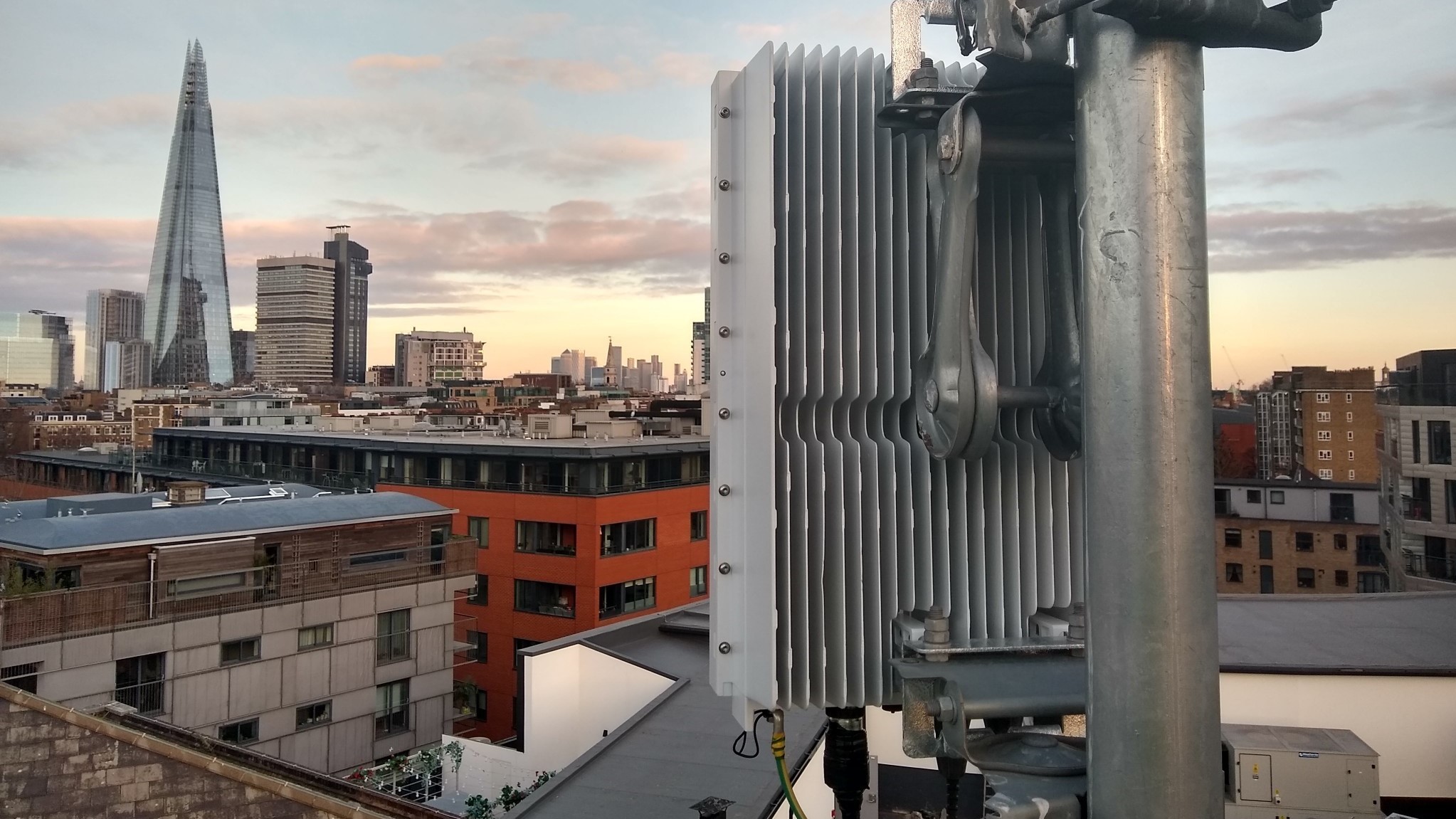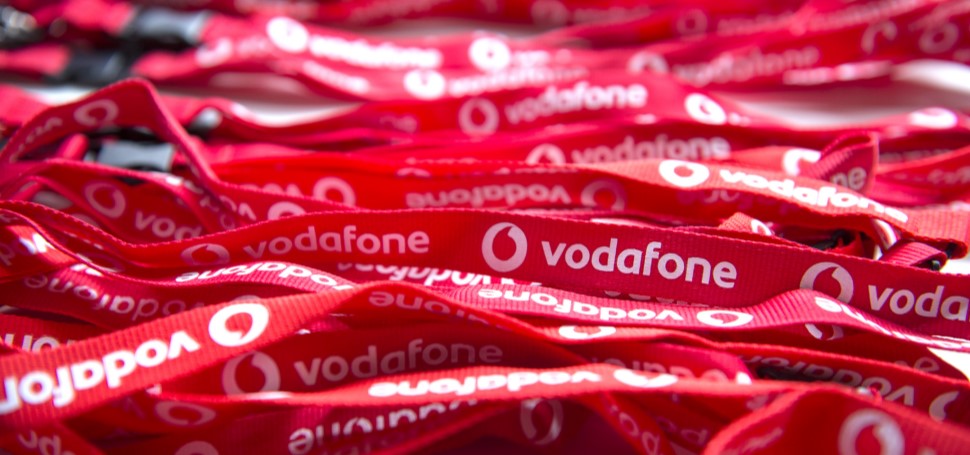'Customer-centric' Vodafone halves 5G energy consumption
Vodafone says new 5G units offer the same performance using half the energy

Sign up for breaking news, reviews, opinion, top tech deals, and more.
You are now subscribed
Your newsletter sign-up was successful
When new Vodafone UK boss Ahmed Essam replaced Nick Jeffrey earlier this year, he stated his desire for the company to have a sense of “purpose” that extended beyond the mere provision of connectivity services.
This ethos, he argued, would reflect the elevated role of connectivity in society in a post-Covid world and recognise the need to have a positive impact on the environment.
As the world becomes more connected and bandwidth-intensive applications increase data traffic, the power used by communications infrastructure to transmit and process data increases significantly.
- These are the best business SIM-only deals around today
- And the best business broadband deals
- Here are the best business mobile phone deals
Sense of purpose
5G is admittedly a more energy-efficient technology than previous generations, but the need for denser infrastructure and greater capacity to support more devices means the industry will continue to use significant amounts of power.
Vodafone’s network connects as many as 16 million people at any one time and consumes 560 gigawatt hours of energy each year. Vodafone has committed to eliminate all its carbon emissions in the UK by 2027 and controlling this level of consumption is critical both in the context of this target but also in controlling costs.
Renewable energy and AI monitoring are two measures that will help in this endeavour. But so will a new generation of radio equipment.
By April 2022, Vodafone has pledged to deploy 1,500 smaller, more energy efficient 5G units from Ericsson across the UK. Trials in Central London have demonstrated a 43% reduction in energy consumption without any loss in performance, while a more compact design will minimise footprint and make 5G deployment much easier and quicker.
Sign up to the TechRadar Pro newsletter to get all the top news, opinion, features and guidance your business needs to succeed!
Essentially, Vodafone will be able to provide more capacity in less physical space while reducing the cost-per-bit of transmission by reducing energy use.
“When we started rolling out 5G we were using 64x64 Massive MIMO panels,” explains Ker Anderson, head of radio and performance at Vodafone. “This [new 32x32 panel] has ben a godsend as its cheaper and burns less electricity.”
He says the decision to use the larger panels in the initial phase of deployment was the right one, suggesting that other operators who used 8x8 units in the hope of achieving a faster rollout would come to regret their decision.
“We’ve always fundamentally believed that building the right solution from day one is the right thing to do – it’s futureproofed from the beginning. It might be a slower process but we don’t think [the 5G battle] will necessarily be about whose fastest.
“Our template of cell site hasn’t changed in several years because we had a vision of what a 2G/3G/4G/5G cell site looks like. So our engineers have put the building blocks so future visits and upgrades are easier to do. You’re futureproofing the site for seamless upgrades.”

5G expansion
Vodafone has no intention of swapping out units that have already been installed and will continue to use its existing stockpiles of the 64x64 units until they are exhausted. Any other course of action, Anderson says, would simply slow down the 5G rollout.
At present, 5G only makes up around 5% of the total data transmitted by Vodafone’s mobile network. However, it expects that figure to increase as more customers upgrade to compatible devices in the coming years.
In addition to new and upgraded sites, Vodafone also plans to refarm spectrum for 4G and 5G users – making use of airwaves that have been used for 2G and 3G. Although 5G will inevitably deliver huge performance upgrades, Anderson is eager to stress the customer-centric nature of its network strategy rather than individual technological milestones.
“There’s not a single project [that stands out],” he says, referring to investments in Standalone 5G (SA 5G), Multi-access Edge Computing (MEC), OpenRAN and Narrowband IoT (NB-IoT). “It’s about how you bring all [these elements] together and deliver real value. It’s about how you transform how businesses operate, how people operate.
“It’s about giving people what they want when they need it. There’s no point giving someone 200Mbps when all they want is to do is send a WhatsApp message. I want to focus on reliability.”
- Here's everything you need to know about Vodafone 5G deals and pricing
Steve McCaskill is TechRadar Pro's resident mobile industry expert, covering all aspects of the UK and global news, from operators to service providers and everything in between. He is a former editor of Silicon UK and journalist with over a decade's experience in the technology industry, writing about technology, in particular, telecoms, mobile and sports tech, sports, video games and media.